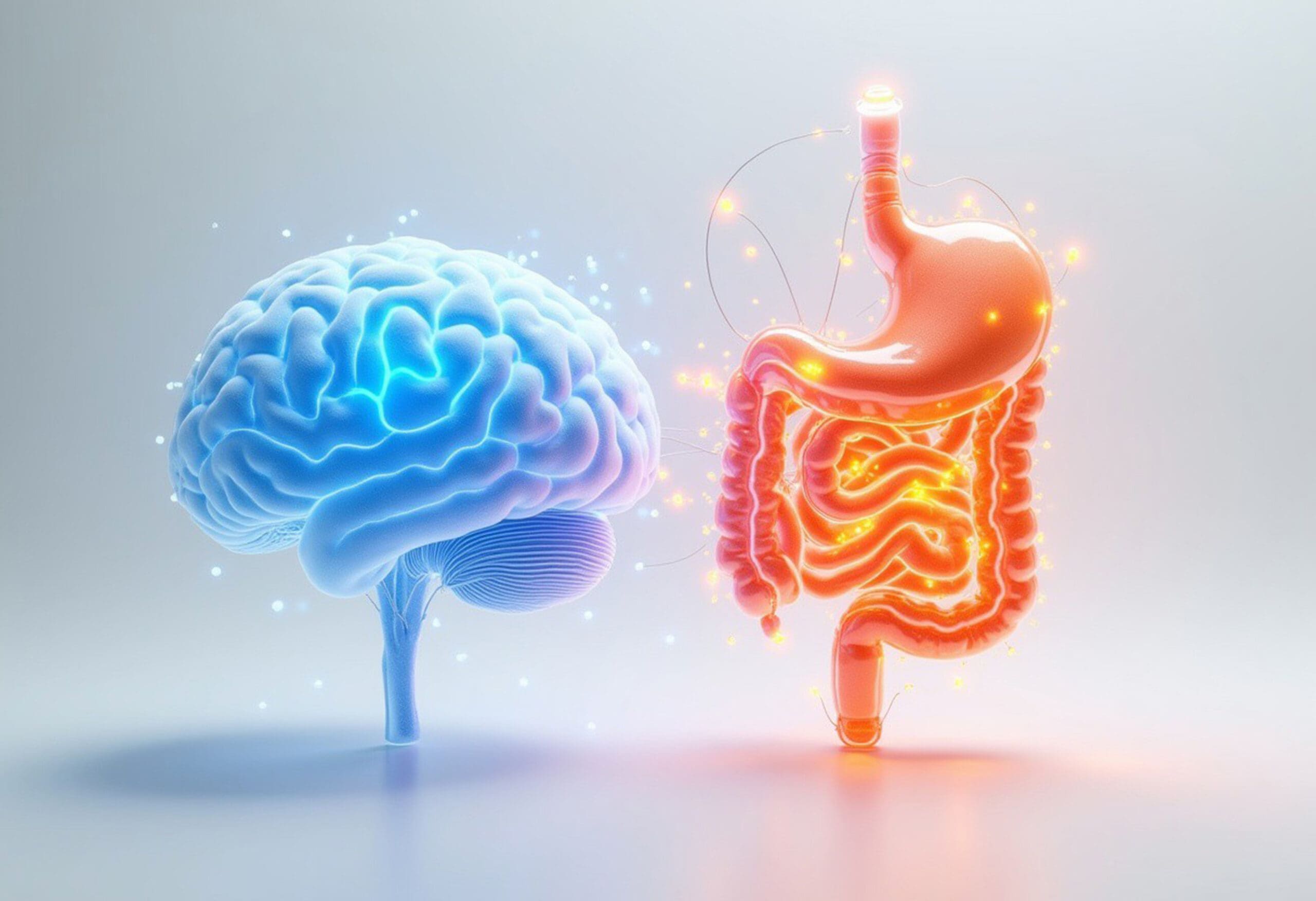Your gut may provide clues to Parkinson’s disease
By naturopath Margaret Jasinska
When it comes to Parkinson’s disease, most people think of the brain. Did you know the condition can affect nerves that travel to the intestines? Certain gut symptoms are sometimes the first clue.
A recent study has found there are four digestive problems that predict a higher risk of future Parkinson’s disease.
These conditions are:
- Dysphagia (trouble swallowing)
- Gastroparesis (the stomach takes too long to empty)
- Constipation
- IBS (Irritable Bowel Syndrome) without diarrhoea
This finding highlights the significant relationship between the gut and the brain. Disturbances in the health of the digestive tract can lead to poor brain health in the future. The study authors have said that “Experts have known for a very long time that constipation is a potential risk factor for Parkinson’s disease, so this study adds to the list of gastrointestinal conditions that could potentially be risk factors.”
Almost 90 thousand people in the United States are diagnosed with Parkinson’s disease each year. It is the second most common neurodegenerative disease after Alzheimer’s disease. The incidence of Parkinson’s disease rises with age and it is 1.5 times more common in men than women. It is a neurodegenerative disorder that affects the dopamine-producing neurons in a specific region of the brain called the substantia nigra.
Symptoms of Parkinson’s disease
Symptoms usually develop slowly over many years. The progression of symptoms is often a bit different from person to person due to the diversity of the disease. The following are the most common symptoms of Parkinson’s disease:
- Tremor, especially at rest and described as pill rolling tremor in hands.
- Slowness and paucity of movement (referred to as bradykinesia and hypokinesia)
- Limb stiffness and rigidity
- Gait and balance problems with unstable posture
In addition to movement related symptoms, Parkinson’s disease can also cause non-motor symptoms such as depression, anxiety, cognitive impairment, apathy, hallucinations, disturbed sleep, constipation, orthostatic hypotension and loss of sense of smell.
Current treatments for Parkinson’s disease are not terribly effective; they are designed to replace dopamine and slow down the progression of the disease. Earlier studies have shown that an overgrowth of harmful gut bugs can increase the risk of Parkinson’s disease. This is because gut bugs communicate with the brain via nerves. Gut problems can also raise the risk of dementia and other neurodegenerative conditions.
Recently, studies have shown that oxidative stress in the brain actually plays a critical role in the development and progression of Parkinson’s disease. The oxidative stress lowers levels of glutathione, which is your body’s own antioxidant and designed to protect your brain from oxidative damage. Research conducted on brain cells shows that NAC (n-acetyl; cysteine) helps to reduce oxidative damage to neurons by helping to replenish the levels of glutathione.
How to heal your gut and reduce the risk of Parkinson’s disease
- If you are concerned about your gut health, please see your doctor for a correct diagnosis. Don’t assume you know what the problem is based on what you have read.
- Try to eat in a relaxed atmosphere and chew your food thoroughly. If you take sufficient time to eat, the digestive enzymes from the salivary glands in your mouth will be able to mix well with the food. Many people don’t produce enough digestive enzymes, stomach acid or bile and this can lead to bloating and indigestion and irritable bowel symptoms. Drinking a little apple cider vinegar in warm water before meals helps support stomach acid production. BactoClear capsules can help with symptoms of medically diagnosed irritable bowel syndrome.
- Certain foods can cause leaky gut, dysbiosis and intestinal inflammation in a high percentage of people; they include gluten, grains, legumes and dairy products. You may want to try eliminating them from your diet to see if it makes a difference to your digestive health. A leaky gut increases the risk of a leaky blood brain barrier, which increases the amount of toxins entering the brain and potentially harming nerves.
- Almost all people with irritable bowel syndrome or constipation have small intestinal bacterial overgrowth. This is an overgrowth of microbes in the small intestine. This causes inflammation to the lining of the small intestine and inhibits nutrient absorption. Avoiding sugar and minimising FODMAPs in your diet helps resolve this.
For more information see Dr Cabot’s book Healthy Bowel Healthy Body.
Reference









Leave A Comment